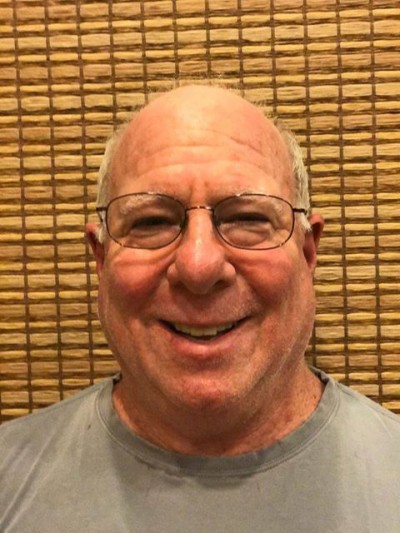Five years ago, I scoffed when I heard older people comment about starting to read their local obituary columns. I smirked to myself as I wondered if they had anything better to do with their time. Recently, I was startled to realize that I’ve been looking at obituaries on a regular basis. Sometimes I just scan them and often I read the entire entry. Reading obituaries kind of snuck up on me, but there’s no denying I now do it.
I can think of a few reasons for this, not necessarily in order of importance. One reason is what I call keeping score. Or maybe it’s just keeping track—keeping track of friends, colleagues and contemporaries. The small-town character of where I live makes it probable that, these days, if I don’t actually know one of the people listed in this week’s obituary, I probably know of them.
Another reason is that my attitude toward death has shifted. Conscious aging has opened me to different points of view and different awareness. I’ve started thinking about and talking about death, including my own. I respect death as a teacher who is helping me live more fully. As I read the obituaries, I review my own life as well. Sometimes the recently deceased person reminds me of someone I’ve already known. Sometimes they even remind me of myself in some way. Reading obituaries has offered me a glimpse into embracing what, up to this point, I have feared and denied.
Obituaries can assist us with the gift of feeling empathy. Obituaries can be a thread linking generations. It’s not just older people who die. This past week, I read obituaries of two people who died battling addiction. Ahmad was 22, David was 29. The disease of addiction is a continuing, national epidemic, ravaging our younger people in particular. If we can pause to read about real people who recently died, whatever their age, we might actually think of them as people who could have been a friend, or as unique individuals. Then, it might be just a bit more difficult to write them off as just a statistic.
Obituaries are basically out of sight, out of mind, except for the few times someone we love or know is the topic. They’re written like that too. This is consistent with how we consider death in our culture. What if obituaries were written more like a story? What if we wrote our own obituaries? What if we updated our own obituaries every 10 years? Picture your family and friends gathered together in one room, at your memorial, all thinking about you. Is there something you’d like to say to them? This just might help us review our own lives or even plan for our futures—short-term and long-term. It might also help generate discussions today amongst our families and friends about difficult topics. This could help us live more connected lives.
I used to avoid reading obituaries, probably like most people. Now I can see opportunity as well as loss behind the list of names and ages as I slowly turn the newspaper pages.

Marc Blesoff was a criminal defense attorney for 35 years, then he began facilitating Conscious Aging workshops, which has helped him melt the armor he’d built up as a defense lawyer. He’s a founding member of Courageus (formerly A Tribe Called Aging), a group of activists and thinkers trying to re-frame our culture’s outlook, policies and fears about aging and dying. Currently, he is the chairperson of the Oak Park, IL Aging-In-Place Commission.



